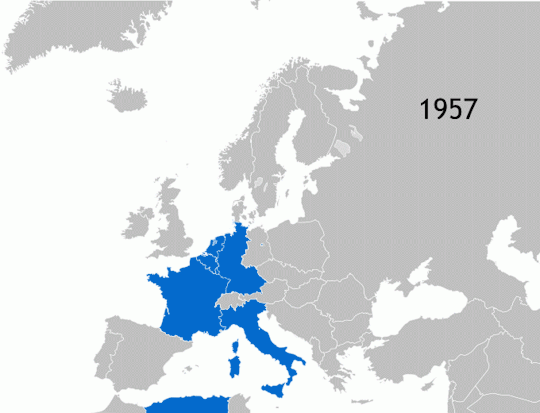A Brief Explanation of the European Union
Written By Timothy Lewis – July 12th, 2016
Britain has chosen to exit the European Union. The move has been decidedly controversial. Young adults aged 18–24 voted 73% in favor of remaining. Adversely, 60% of those over 65 years of age voted to leave. The generational divide is written in the numbers, accentuated 52%-48% end result. There are still details to be discussed, and while the form of the split is far from defined, this move has the potential to alter many aspects of the British/European relationship, in turn affecting us all.
Since the lot of you (chumps), especially my googling friends in the UK, are clueless, let me offer a basic understanding of what the European Union is. Intentionally concise, this explanation will help you understand how you could be impacted, as well as prevent you from looking like a dumbass at the dinner table.
History:
In 1951, Europe sought integration in an effort to unify its countries after World War II. This resulted in the creation of the European Coal and Steel Community (ECSC), a coalition between France, West Germany, Belgium, the Netherlands, Luxembourg, and Italy. The ECSC’s purpose was to create a common market throughout Europe to stop competition over natural resources. The thought was that it would cause the counties to rely upon one another and therefore dissuade the possibility of future inter-European warfare.
In 1957, the same six countries signed the Treaty of Rome, Installing the European Economic Community (EEC). The EEC’s goal was to bring further economic integration to Europe by establishing a customs union, subjecting all members to the same agricultural, trade, and transport policies, along with an overarching tax code. Like the ECSC, the EEC shared emphasis encouraging peace and unity throughout Europe.
Over time nearly every country in Europe became a member of the EEC, until 1993, when the European Union (EU) was formed.

What the European Union is:
The EU is a economic and political union of 28 European countries. It consists of roughly 500 million citizens and boasts a GDP of 14.3 trillion euros (18.5 trillion dollars). It is governed by 7 institutions, comprised of the European Council, the Council of the European Union, the European Parliament, the European Commission, the Court of Justice of the European Union, the European Central Bank, and the European Court of Auditors. Together, these agencies work together to maintain balance in a single, open European market. All policies and stances of the EU are determined by way of treaty, signed into law by the participating countries.
What the European Union does:
The name summarizes the purpose. It unifies Europe through standardized laws that apply to its people, goods, services, and capital. Citizens of the EU are given four rights:
- Freedom to move between and live in any of the countries of the European Union.
- To vote and stand in local government and European Parliament elections in the country you live in.
- If you are traveling outside of the EU and your own country does not have an embassy, you can go to the embassy of any other EU country.
- The right to offer your side of the story to the European Ombudsman if you believe the EU has not acted fairly.
Since evolving from the European Economic Committee, the European Union has evolved in its goals, stretching past strictly political and economic affairs. The EU now handles issues of climate, environment, human rights, health, security, external relations, migration, and justice. Additionally, like its predecessors, the EU is focused on maintaining connectivity and peace between countries. In 2012, the EU was awarded the Nobel Peace Prize for advancing causes of peace, reconciliation, and human rights within Europe.
The content exhibited on this site, whether visual, electronic, or in writing, shall not be republished and/or rebroadcast without the specific written permission of PubSquare Media and/or Scraptitude, NerdCraft Nation, The PubSquare and/or guest contributor or former alias thereof.



